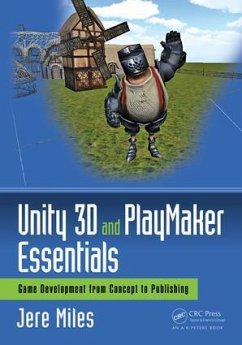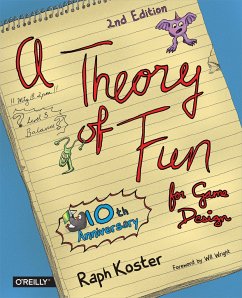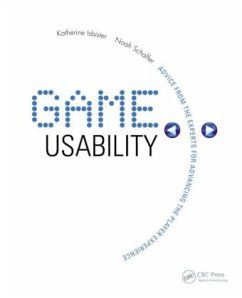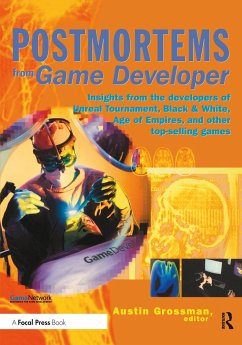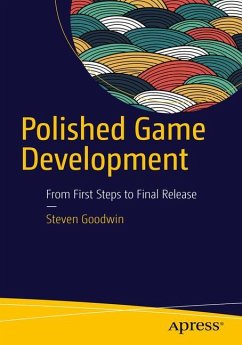
Making Deep Games
Designing Games with Meaning and Purpose
Versandkostenfrei!
Versandfertig in 6-10 Tagen
45,99 €
inkl. MwSt.

PAYBACK Punkte
23 °P sammeln!
Like movies, television, and other preceding forms of media, video games are undergoing a dynamic shift in its content and perception. While the medium can still be considered in its infancy, the mark of true artistry and conceptual depth is detectable in the evolving styles, various genres and game themes. Doris C. Rusch's, Making Deep Games, combines this insight along with the discussion of the expressive nature of games, various case studies, and hands-on design exercises. This book offers a perspective into how to make games that tackle the whole bandwidth of the human experience; games t...
Like movies, television, and other preceding forms of media, video games are undergoing a dynamic shift in its content and perception. While the medium can still be considered in its infancy, the mark of true artistry and conceptual depth is detectable in the evolving styles, various genres and game themes. Doris C. Rusch's, Making Deep Games, combines this insight along with the discussion of the expressive nature of games, various case studies, and hands-on design exercises. This book offers a perspective into how to make games that tackle the whole bandwidth of the human experience; games that teach us something about ourselves, enable thought-provoking, emotionally rich experiences and promote personal and social change. Grounded in cognitive linguistics, game studies and the reflective practice of game design, Making Deep Games explores systematic approaches for how to approach complex abstract concepts, inner processes, and emotions through the specific means of the medium. It aims to shed light on how to make the multifaceted aspects of the human condition tangible through gameplay experiences.





